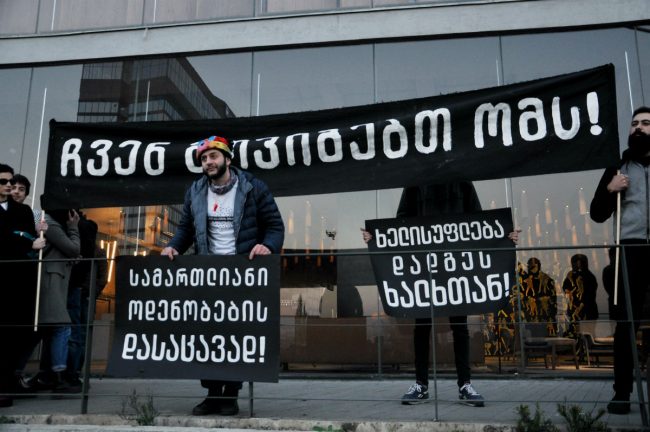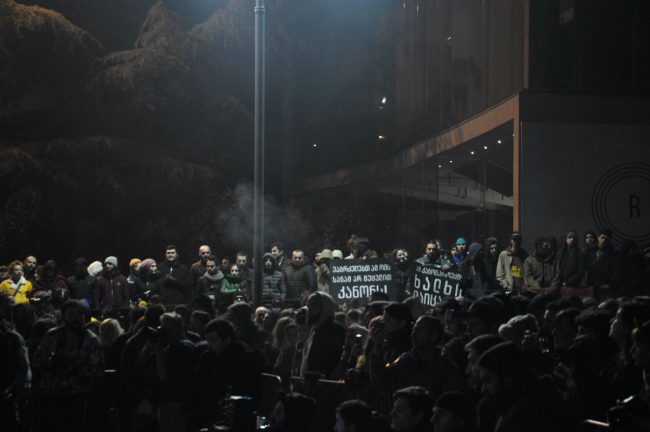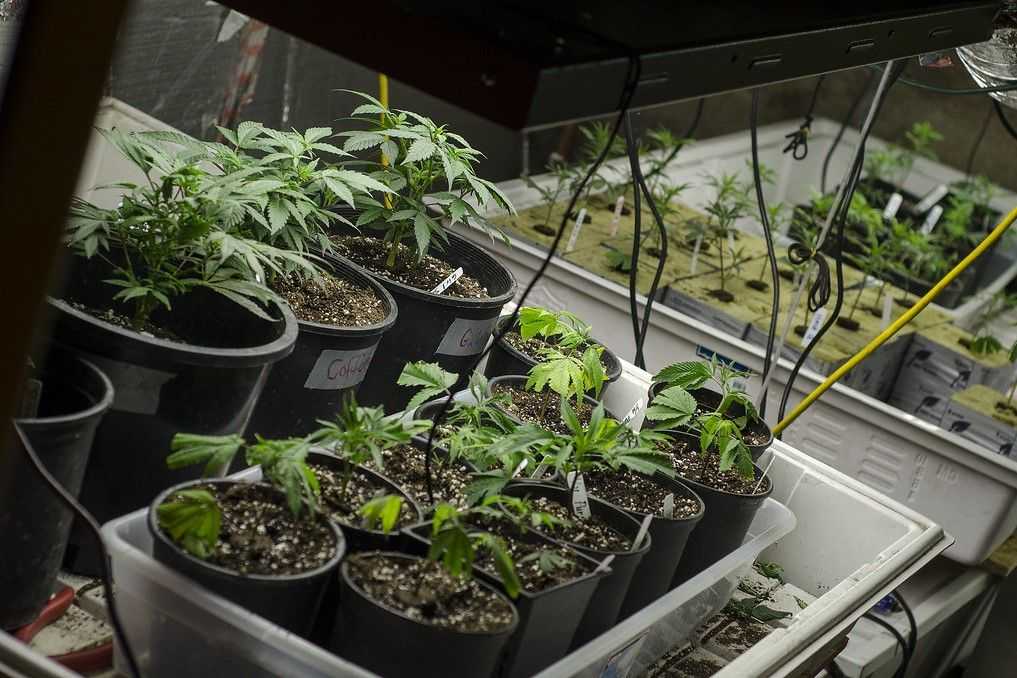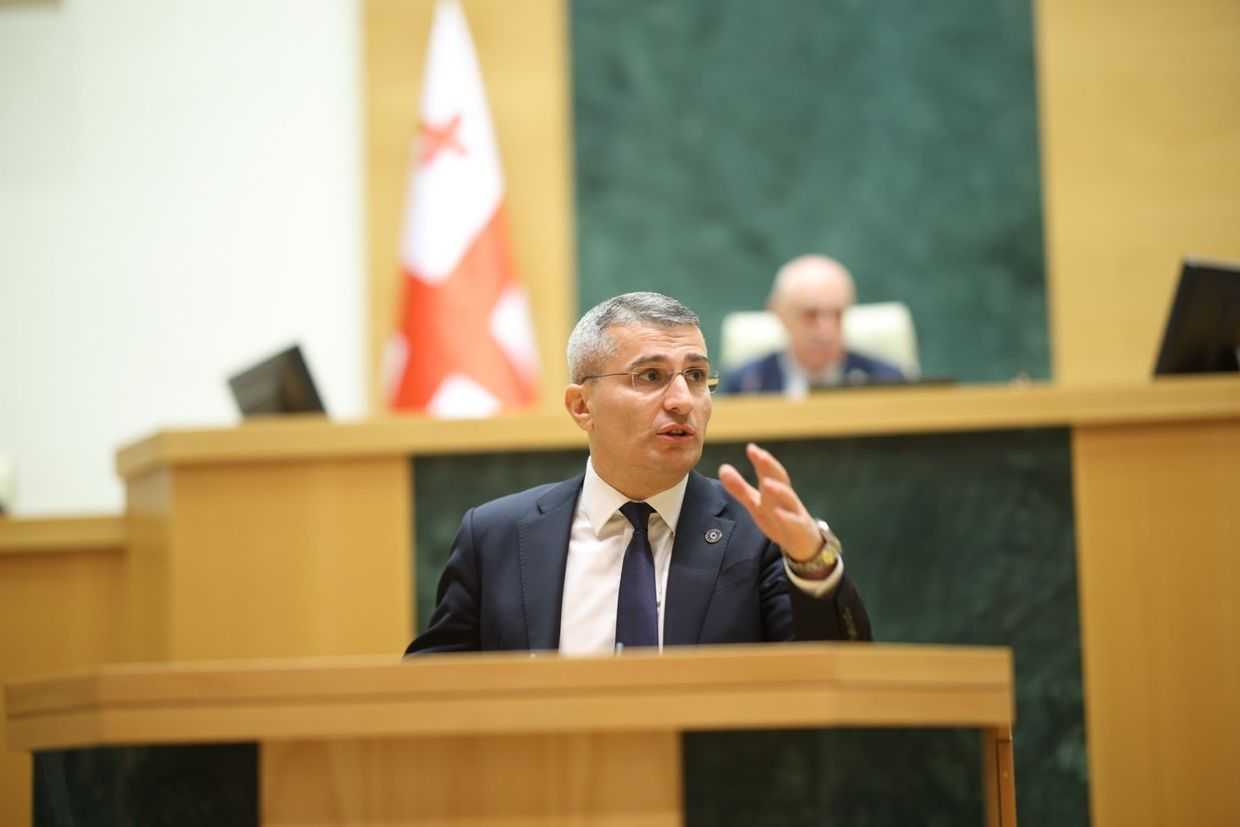

 Hundreds of people demonstrated in Tbilisi on 10 December after parliament delayed hearings for a draft law that would decriminalise drug use in the country. Activists have accused the authorities of needlessly delaying procedures.
Hundreds of people demonstrated in Tbilisi on 10 December after parliament delayed hearings for a draft law that would decriminalise drug use in the country. Activists have accused the authorities of needlessly delaying procedures.
The White Noise Movement (WNM), a group campaigning for softer drug policy which organised the demonstration, demanded that Parliament pass the draft law by the end of the year.
Georgia, where every third prisoner is serving time on drug-related charges, may be about to transform its strict drug policy into a more liberal system. Activists and reformers are hoping that new legislation could change Georgia’s system away from what they call ‘the war against the people’.
[Read on OC Media: Georgia’s ‘war against the people’ and the war against a ‘system that stinks’]
In a recent ruling, Georgia’s highest court, the Constitutional Court, ruled it unconstitutional to criminally prosecute people for consuming cannabis, effectively decriminalising its use. This is short of decriminalising the purchase, storage, or sale of cannabis, and is not legalisation. The new bill, however, would move drug policy away from a criminal justice approach, treating drug use instead as a public health issue.
Parliamentary hearings around the drug decriminalisation bill which were scheduled to kick off on 28 November have been postponed, prompting anger amongst the authors of the bill and drug policy activists.
‘[Members of parliament] should tell us exactly when they will continue considering the draft law’, Beka Tsikarishvili, an activist and drug reform icon said during the demonstration.


Activists said they hoped the demonstration on 10 December would be the ‘final gathering’.
A number of activists addressed the crowd gathered on Tbilisi’s Rose Revolution Square, and a dozen rappers performed. A small number of politicians were also present, including members of Girchi, a non-parliamentary libertarian party that brought the decriminalisation case to the Constitutional Court.
A small group of Christian Orthodox priests staged a peaceful counter-demonstration at the same spot, with posters reading ‘No Drugs’, ‘Drug addiction — the way to hell’. They declined to comment to OC Media.
However, during their speeches, a number of activists and performers stressed that the aim of the demonstration was to advocate for treating drug addicts, instead of punishing them.
‘This is not about drugs; this is about freedom’, rapper Max Machaidze said.
The WNM also asked Georgia’s President Giorgi Margvelashvili to pardon all the people who have been jailed on drug charges.
The group said if their demands are not met, they will stop cooperating with the authorities.
‘The festive mood of the new year will be replaced by days of resistance’, Tsikarishvili warned.









